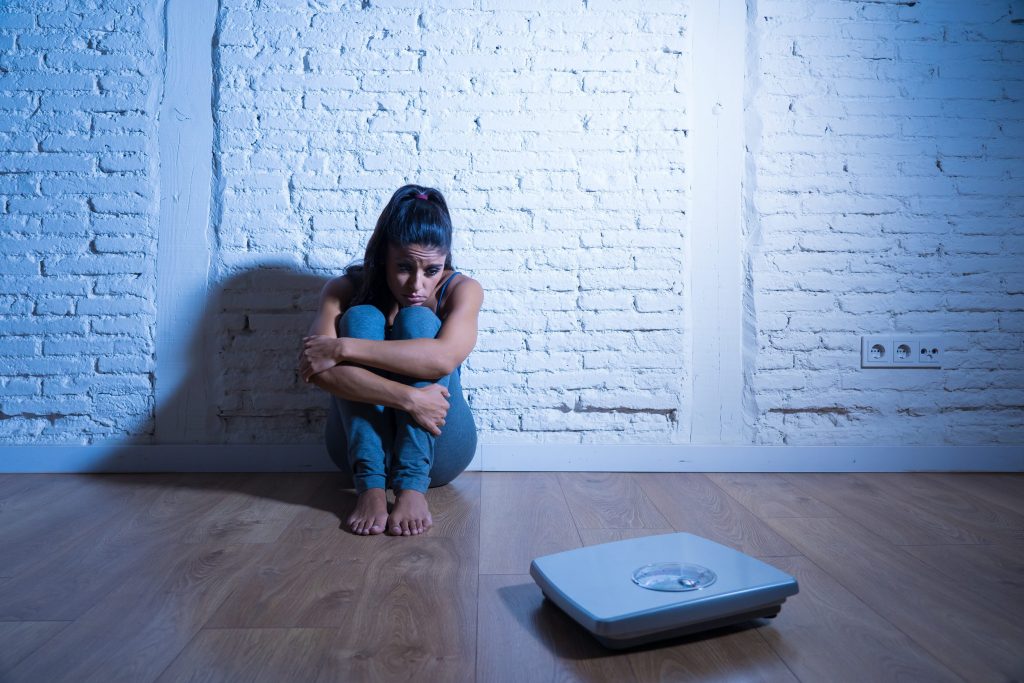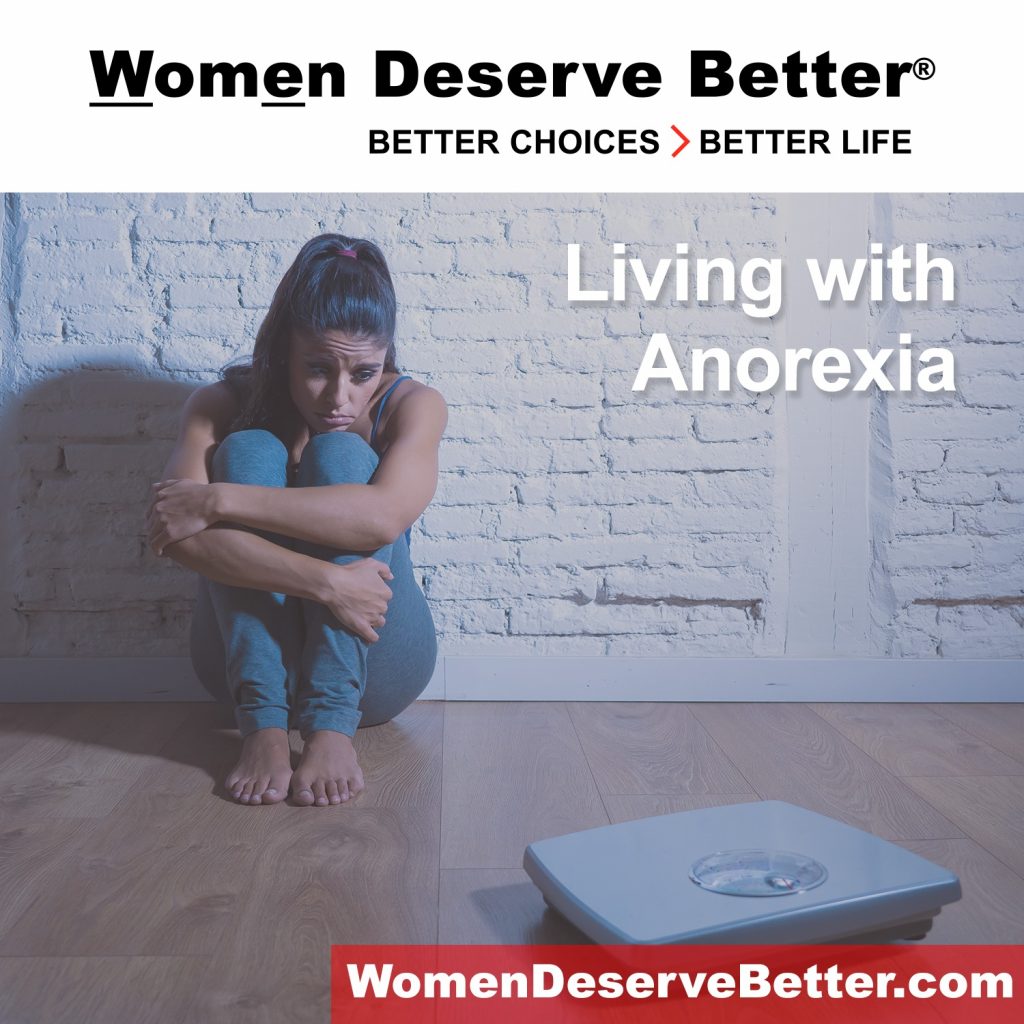
Do you not know how to get better, or do you simply not want to get better because you don’t want to gain weight or because your eating disorder allows you to feel in control? I don’t ask this to shame anyone because I, myself, would answer “yes” to all three. Although I don’t feel qualified to guide others on a journey that I haven’t yet completed, there are some tricks I have picked up along the way that help me to still feel in control, without hurting my body.
Seeing a doctor and a counselor is the first and most important step in helping yourself recover. What I’ve learned since seeking help is that recovery will not be quick, easy, or linear. Here are my tips for taking care of yourself while trying to recover from anorexia.
Listen to Your Body
I can feel the eye rolls from every person reading this because I would do the same thing. I’ve heard “listen to your body” so many times, the words sound funny. But it’s true. I didn’t realize, while I was at the worst parts of my battle with anorexia, that I had actually forgotten how to listen to my body. During recovery, I discovered that it had become first nature for me to pick the lowest-calorie option, convince myself I’m not actually hungry because I just ate or because it’s not lunch time yet, and work out even though I physically didn’t feel like it. Truly listening to my body has been something that has come back slowly. My body doesn’t actually always want lettuce. Sometimes, it wants pizza, and sometimes, it wants more than one slice. As far as working out, a big part of my recovery has been not working out unless I feel like it. Some days, it’s sunny, and after my coffee, I just feel like moving. Other days, I want to lie on the couch and scroll through Pinterest. Both are equally as beneficial to my health.
Wear Clothes That You Like
I wear a lot of dresses. For me, wearing dresses has helped with my recovery because I feel pretty and fixed-up, and I can gain or lose weight without noticing. I try to stay away from jeans as much as possible. (Terrible, dreadful skinny jeans.) I would recommend, as you gain weight during recovery, to throw out clothes that stop fitting. I’d find myself trying on my size 2 jeans knowing they wouldn’t fit, getting angry with myself, and deciding not to eat. So, instead of keeping them in the drawer, I have since taken scissors to $60 American Eagle jeans. No longer having the temptation to try them on and, most important, no longer having the temptation to try to fit in them again.
Stop Labeling Food “Good” or “Bad”
This means, instead of not having a slice of cake at a birthday party because it’s bad for me, I eat the cake because it gives me the energy to play with the kids and chase them around. It means seeing food as fuel and respecting whatever my body wants. A big fear food of mine when I was struggling most was peanut butter. Because it was a fear food, I craved it constantly and still do. When I first began trying to recover, my relationship with food was distorted, and I had an all-or-nothing mentality. I’d either restrict or, when I would allow myself to eat, I’d lose control and eat everything. So, entire jars of peanut butter were gone in one sitting. Then, to regain control, I’d restrict again. Oh, how we love control. Now, since I don’t see peanut butter as a “bad” food, I’m able to eat it throughout the day, not crave it, enjoy it, and not go overboard. Making a list of my fear foods and trying to incorporate them into my daily eating has helped me normalize foods that I used to be afraid of.
Go for Walks
This seems very minor, and it is, but it has helped me a lot. Going for walks just up and down my driveway helps me to get out of the house, clear my head, stop obsessing over food, and feel active without any intense exercise. After dinner is when I find this helps me the most because that’s when I tend to obsess over if I’m still hungry, what I’ve eaten that day, what I will eat the next day, etc.
So, to recap:
- Listen to your body.
- Eat what your body wants when it wants it.
- Work out only when your body wants to.
- Wear clothes that make you feel good.
- Throw out clothes that you outgrow.
- Stop labeling food.
- Make a list of fear foods and incorporate them into your diet.
- Go for a walk
While these tips have made recovery easier for me, it has not been perfect. Setbacks happen, bad days happen, relapses happen. No one’s recovery looks the same, but I hope that these tips can help someone to push through recovery. Talk to your doctor, talk to a counselor, try these tips, and be patient with yourself.
By Annie Newsome

